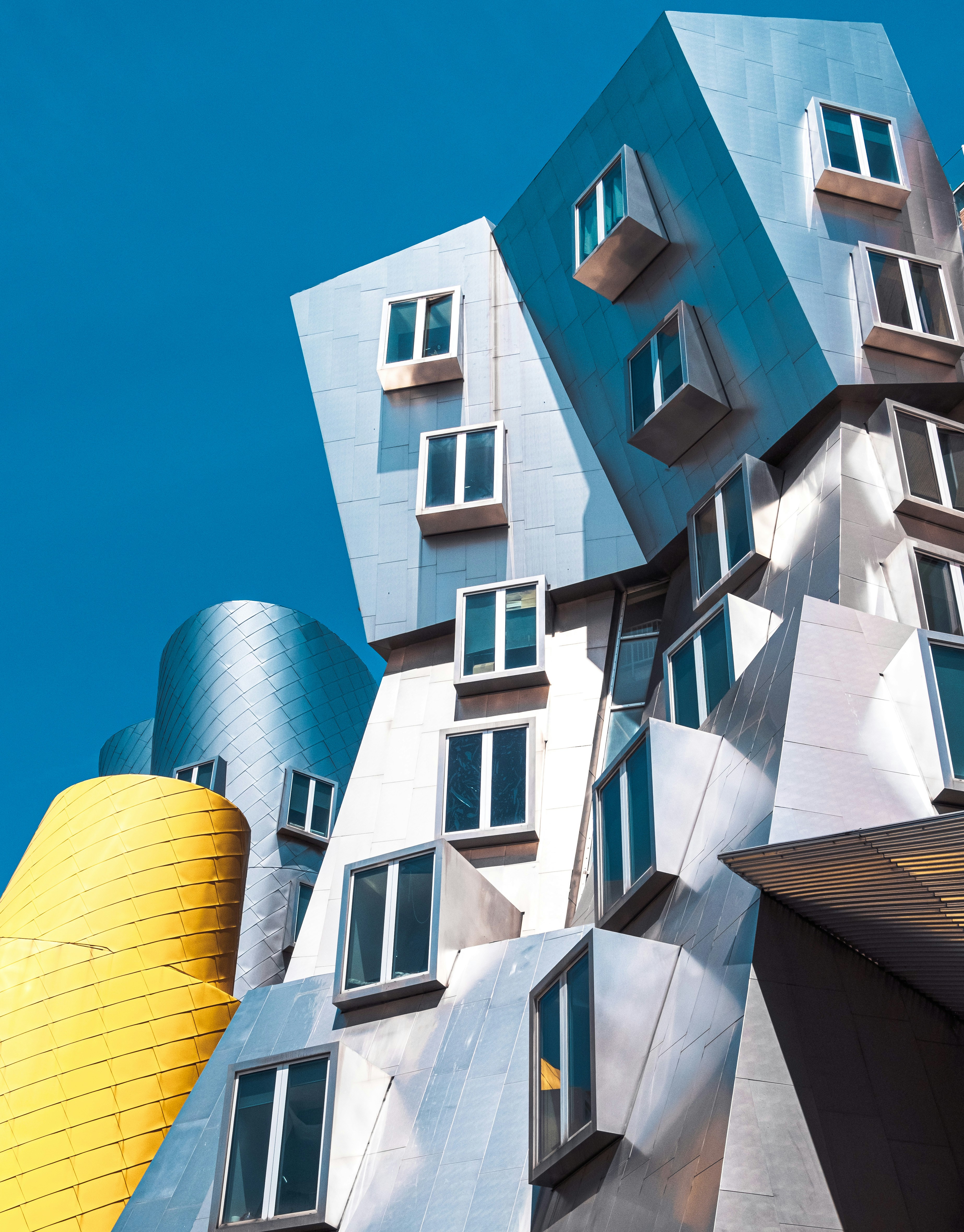Machines of Loving Grace
The dawn of powerful artificial intelligence stands poised to revolutionize human society in ways we're only beginning to comprehend. In a groundbreaking essay titled "Machines of Loving Grace," Anthropic CEO Dario Amodei presents a compelling vision of how AI could transform our world for the better within the next decade. This comprehensive analysis will explore the key takeaways from Amodei's insights, examining how AI might reshape everything from healthcare to democracy.
The Biological Revolution: AI-Driven Healthcare Transformation
Accelerating Medical Breakthroughs
The impact of AI on healthcare could be nothing short of revolutionary. According to Amodei's analysis, we might compress 50-100 years of biological progress into just 5-10 years after the development of powerful AI. This acceleration is already evident in breakthrough technologies like AlphaFold, which recently won the Nobel Prize in Chemistry for its contributions to protein structure prediction.
Key developments we can expect include:
Nearly complete prevention and treatment of natural infectious diseases
Dramatic reduction in cancer mortality (95% or more)
Effective prevention and treatment of genetic diseases
Prevention of Alzheimer's disease
Significant improvements in treating diabetes, obesity, and heart disease
The foundation for this progress already exists. For instance, technologies like CRISPR, mRNA vaccines, and CAR-T therapy have demonstrated the potential for revolutionary medical interventions. As noted by Sydney Brenner, "Progress in science depends on new techniques, new discoveries and new ideas, probably in that order." AI is poised to accelerate all three elements simultaneously.
Biological Freedom and Life Extension
Perhaps most remarkably, AI could enable what Amodei terms "biological freedom" - the ability for individuals to have greater control over their biological processes. This includes:
Enhanced reproductive choices
Greater control over physical appearance
Potential doubling of human lifespan to 150 years
Improved mental health treatments
Economic Transformation and Global Development
Bridging the Global Economic Divide
One of the most promising aspects of AI's potential impact is its ability to address global inequality. Currently, the GDP per capita in Sub-Saharan Africa is approximately $2,000, compared to $75,000 in the United States. AI could help accelerate economic development in several ways:
Health Intervention Distribution
AI-optimized logistics for medical distribution
Improved disease eradication campaigns
More efficient vaccine deployment
Economic Growth Acceleration
Potential for 20% annual GDP growth in developing regions
AI-enabled economic planning and optimization
Improved agricultural productivity and food security
Climate Change and Sustainability
AI is expected to play a crucial role in addressing climate change through:
Advanced carbon removal technologies
Clean energy innovations
Lab-grown meat development
Improved resource allocation
Democracy and Governance in the AI Era
Strengthening Democratic Institutions
The relationship between AI and democracy requires careful consideration. While some fear AI could enable authoritarian control through surveillance and propaganda, Amodei suggests that properly implemented AI could actually strengthen democratic institutions by:
Improving Government Services
Enhanced delivery of social services
More efficient bureaucratic processes
Better protection of individual rights
Information Flow and Transparency
Countering misinformation
Enabling free flow of information
Supporting democratic movements globally
As Srđa Popović demonstrated in Serbia, technological tools can help support democratic movements. AI could potentially amplify these effects, making it harder for authoritarian regimes to maintain control through information suppression.
International Relations and Democracy
The essay suggests an "entente strategy" where democratic nations:
Secure AI supply chains
Share benefits with aligned nations
Promote democratic values globally
This approach could help avoid the pessimistic scenarios that Francis Fukuyama's "End of History" thesis failed to predict, while promoting genuine democratic progress.
The Future of Work and Human Meaning
Economic Evolution
One of the most pressing questions concerns how humans will find economic purpose in an AI-driven world. Economists like Tyler Cowen and Erik Brynjolfsson suggest that:
New forms of economic organization may emerge
Universal Basic Income could play a role
Preserving Human Purpose
Importantly, meaning in life doesn't solely derive from economic productivity. The essay suggests several ways humans might find purpose in an AI-enhanced world:
Personal achievement in chosen fields
Human relationships and connections
Creative and competitive pursuits
Self-improvement and learning
Challenges and Considerations
Implementation Hurdles
Several challenges must be addressed:
Access and Equality
Ensuring fair distribution of AI benefits
Preventing technological divide
Addressing opt-out concerns
Regulatory Framework
Clinical trial reform
International cooperation
Privacy protection
Social Adaptation
Cultural adjustment
Economic transition
Educational reform
Conclusion
The potential impact of AI, as outlined in "Machines of Loving Grace," presents an optimistic yet realistic vision of the future. While challenges exist, the possibility of solving age-old human problems - from disease to poverty - makes this a future worth pursuing. The key lies in ensuring these benefits are distributed equitably while preserving human agency and meaning.
Note: This blog post is based on insights from Dario Amodei's "Machines of Loving Grace" essay and related research in AI development and its societal implications.




